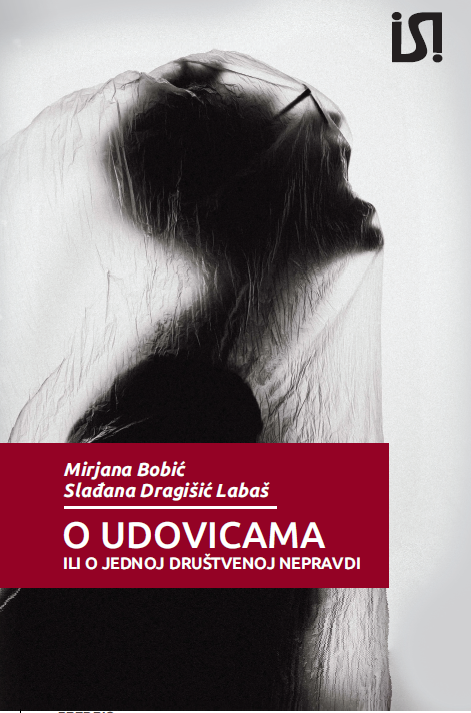
This is the first study fully devoted to widows in Serbian sociological literature. The study combines sociological, sociodemographic, socio-psychological, socio-psychiatric, feministic, and anthropological approaches and is therefore inherently interdisciplinary. Two groups of women have been analyzed. One comprises so-called civil widows, i.e. women who became widows after either a short term or long term husband’s illness, or his sudden passing away. Another group consists of war widows, being also refugees, husbands of whom were killed in armed conflicts in Croatia in the 1990s or in Kosovo and Metohija, by the end of the same decade. In-depth interviews and observations were applied on both groups of women, aged 18-55. Thus the women were yet in ages of high vitality and not the elderly ones and they were further classified into three educational strata: lower, intermediate, and higher. The interviewees were selected from the territory of Belgrade and its outskirts. The interpretation of the findings follows the processes and hardships of the transition into the new phase of women’s lives, including also: social stress experienced by both spouses/mothers their children, their bereavement and gradual adaptation onto the new reality, coping strategies, various resources and capitals, women’s agency, striving to redefine their status, roles, families, and future, establishing of disturbed balance, etc. Social injustice has shown to be one of the crucial concepts used to depict and disclose the marginalization, discrimination whatsoever of women and their children, especially in the case of widows stemming from the war and their families.

